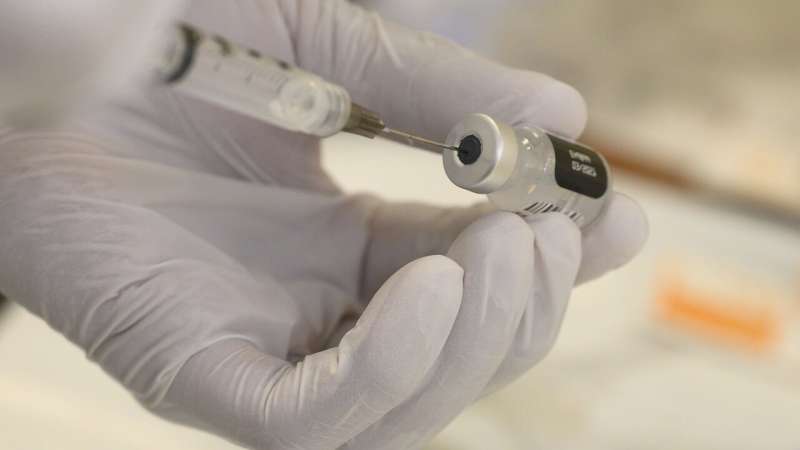Innovative Therapeutic Strategy Boosts Muscle Function in Duchenne Muscular Dystrophy Patients

A new study introduces a metabolic reprogramming approach targeting GLUD1 to improve muscle strength and neuromuscular junction function in Duchenne muscular dystrophy, offering hope for more effective treatments.
Recent research has uncovered a promising new approach to treating Duchenne muscular dystrophy (DMD), a severe form of muscular dystrophy characterized by progressive muscle degeneration. The study highlights the enzyme glutamate dehydrogenase 1 (GLUD1) as a key therapeutic target. In preclinical trials using mouse models of DMD, scientists demonstrated that inhibiting GLUD1 significantly improved muscle strength and coordination.
This groundbreaking investigation, published in The American Journal of Pathology, suggests that targeting muscle glutamate metabolism can facilitate muscle restoration rather than merely alleviating symptoms. Mechanistically, the treatment reprograms glutamate pathways, enhancing neuromuscular junction (NMJ) structure and function, and reducing muscle damage.
Researchers employed the GLUD1 inhibitor R162 in mdx mice, a standard DMD model. Systemic administration of R162 led to notable gains in muscle strength and better coordination. The therapeutic effects were linked to increased satellite cell activity, improved neuromuscular junction morphology, and heightened acetylcholine levels, all contributing to muscle functional recovery.
Expert insights from the research team indicate that macrophages, a type of immune cell, play a supporting role in this process. While inhibiting GLUD1 in macrophages alone stimulated muscle regeneration, full functional recovery required intact macrophage activity to support NMJ remodeling.
Mechanistically, R162 treatment elevated local glutamate availability in muscles, promoting NMJ structural reorganization and enhancing neurotransmission. Importantly, this therapy was well tolerated in mice, with no adverse effects observed on body weight, food intake, or behavior.
This novel, non-steroidal approach shifts focus from genetic correction to metabolic reprogramming, offering a feasible and effective method to improve neuromuscular function. The findings pave the way for potential clinical applications, presenting a new avenue to enhance quality of life for individuals with DMD.
The study underscores the importance of metabolic pathways in muscle health and highlights the potential for drugs targeting these pathways to provide therapeutic benefits, especially given the limited options currently available for DMD management.
Source: https://medicalxpress.com/news/2025-07-approach-neuromuscular-function-patients-duchenne.html
Stay Updated with Mia's Feed
Get the latest health & wellness insights delivered straight to your inbox.
Related Articles
Emerging Evidence Indicates Slight Reduction in Depression Symptoms with Calorie Restriction
Emerging research suggests that calorie-restricted and low-fat diets could modestly reduce depressive symptoms, especially in at-risk adults, though evidence remains limited. Healthcare professionals recommend consulting experts before dietary changes.
More States Expand Access to COVID-19 Vaccines Despite Federal Restrictions
Several U.S. states are expanding access to COVID-19 vaccines by issuing policies that bypass federal restrictions, aiming to improve vaccination rates and clarify availability amid changing federal guidelines.
Recent Research Highlights Predictors and Outcomes in Systemic Sclerosis
Recent research at EULAR 2025 highlights the importance of early diagnosis and key indicators for disease progression in systemic sclerosis, offering new insights for better patient management.
No Driving Impairment in Frequent Cannabis Users After Two-Day Abstinence
New research from UC San Diego reveals that frequent cannabis users show no driving impairment after abstaining for at least two days, challenging traditional notions about cannabis and impairment risk.



